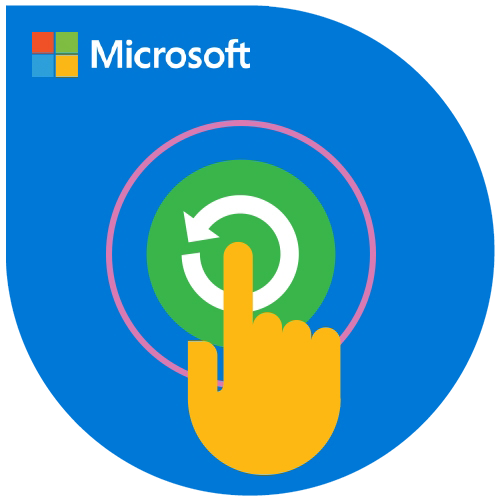Module 1: Introduction to Data Warehousing
This module provides an introduction to the key components of a data warehousing solution and the high-level considerations you must take into account when you embark on a data warehousing project.
Lessons
- Overview of Data Warehousing
- Considerations for a Data Warehouse Solution
Module 2: Planning Data Warehouse Infrastructure
This module discusses considerations for selecting hardware and distributing SQL Server facilities across servers.
Lessons
- Considerations for Data Warehouse Infrastructure
- Planning Data Warehouse Hardware
Module 3: Designing and Implementing a Data Warehouse
This module describes the key considerations for the logical design of a data warehouse, and then discusses best practices for its physical implementation.
Lessons
- Data Warehouse Design Overview
- Designing Dimension Tables
- Designing Fact Tables
- Physical Design for a Data Warehouse
Module 4: Creating an ETL Solution with SSIS
This module discusses considerations for implementing an ETL process, and then focuses on Microsoft SQL Server Integration Services (SSIS) as a platform for building ETL solutions.
Lessons
- Introduction to ETL with SSIS
- Exploring Data Sources
- Implementing Data Flow
Module 5: Implementing Control Flow in an SSIS Package
This module describes how to implement ETL solutions that combine multiple tasks and workflow logic.
Lessons
- Introduction to Control Flow
- Creating Dynamic Packages
- Using Containers
- Managing Consistency
Module 6: Debugging and Troubleshooting SSIS Packages
This module describes how you can debug packages to find the cause of errors that occur during execution. It then discusses the logging functionality built into SSIS that you can use to log events for troubleshooting purposes. Finally, the module describes common approaches for handling errors in control flow and data flow.
Lessons
- Debugging an SSIS Package
- Logging SSIS Package Events
- Handling Errors in an SSIS Package
Module 7: Implementing a Data Extraction Solution
This module describes the techniques you can use to implement an incremental data warehouse refresh process.
Lessons
- Planning Data Extraction
- Extracting Modified Data
Module 8: Loading Data into a Data Warehouse
This module describes the techniques you can use to implement data warehouse load process.
Lessons
- Planning Data Loads
- Using SSIS for Incremental Loads
- Using Transact-SQL Loading Techniques
Module 9: Enforcing Data Quality
This module introduces Microsoft SQL Server Data Quality Services (DQS), and describes how you can use it to cleanse and deduplicate data.
Lessons
- Introduction to Data Quality
- Using Data Quality Services to Cleanse Data
- Using Data Quality Services to Cleanse Data
Module 10: Master Data Services
Master Data Services provides a way for organizations to standardize data and improve the quality, consistency, and reliability of the data that guides key business decisions. This module introduces Master Data Services and explains the benefits of using it.
Lessons
- Introduction to Master Data Services
- Implementing a Master Data Services Model
- Managing Master Data
- Creating a Master Data Hub
Module 11: Extending SQL Server Integration Services
This module describes the techniques you can use to extend SSIS. The module is not designed to be a comprehensive guide to developing custom SSIS solutions, but to provide an awareness of the fundamental steps required to use custom components and scripts in an ETL process that is based on SSIS.
Lessons
- Using Scripts in SSIS
- Using Custom Components in SSIS
Module 12: Deploying and Configuring SSIS Packages
In this module, students will learn how to deploy packages and their dependencies to a server, and how to manage and monitor the execution of deployed packages.
Lessons
- Overview of SSIS Deployment
- Deploying SSIS Projects
- Planning SSIS Package Execution
Module 13: Consuming Data in a Data Warehouse
This module introduces business intelligence (BI) solutions and describes how you can use a data warehouse as the basis for enterprise and self-service BI.
Lessons
- Introduction to Business Intelligence
- Enterprise Business Intelligence
- Self-Service BI and Big Data



 Duration
Duration Course Prerequisites
Course Prerequisites Delivery Methods
Delivery Methods



